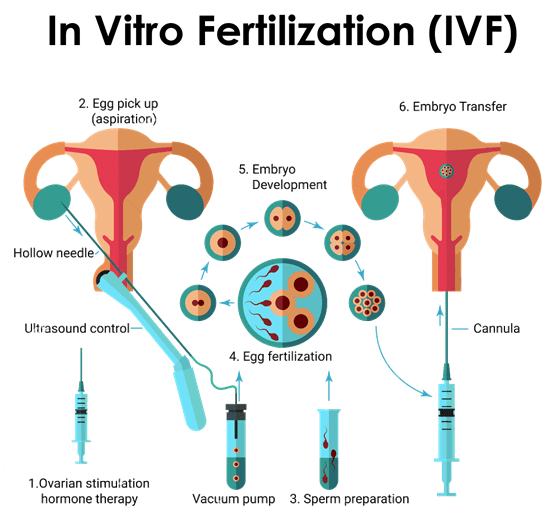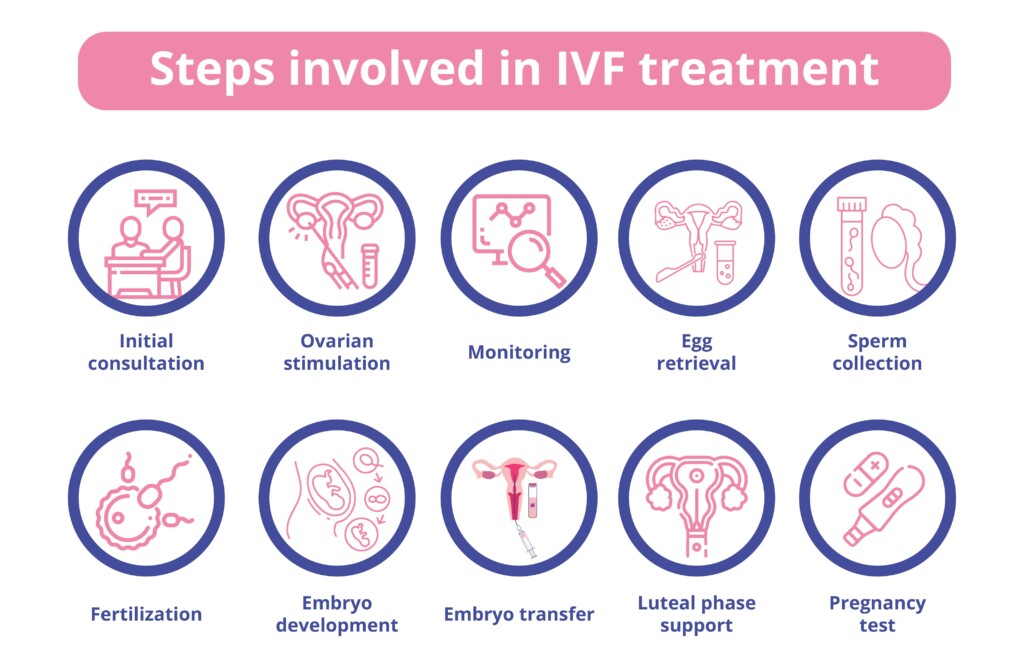



In vitro fertilization (IVF) is a revolutionary technology that has transformed the landscape of fertility treatments. If you or someone you know is considering IVF, it’s important to understand the IVF process, success rates, costs, and potential risks. This article provides a comprehensive overview to help you make informed decisions.
In vitro fertilization (IVF) is a type of assisted reproductive technology (ART) used to help individuals and couples conceive a child. IVF involves fertilizing an egg with sperm outside the body, in a laboratory setting. The fertilized egg, or embryo, is then implanted into the uterus with the goal of achieving a successful pregnancy.
IVF is an option for individuals and couples experiencing various fertility issues, such as:








The IVF process involves several stages, each designed to increase the chances of a successful pregnancy:
IVF success rates vary depending on several factors, including the age of the woman, the cause of infertility, and the quality of the embryos. Generally, younger women tend to have higher success rates. Success rates can also improve with multiple IVF cycles, as the likelihood of obtaining a viable embryo increases.
IVF has provided hope to millions of individuals and couples struggling with infertility. By understanding the IVF process, its success rates, and potential risks, you can make informed decisions about your fertility journey. If you’re considering IVF, consult with a reproductive endocrinologist or fertility specialist to discuss your options and create a personalized treatment plan.






Contact us today to learn more about how we can help you achieve your dreams of starting or expanding your family through surrogacy.

Surrogacy Blessings offers hope to aspiring parents, utilizing a surrogate mother’s womb for conception, fostering dreams of family.


